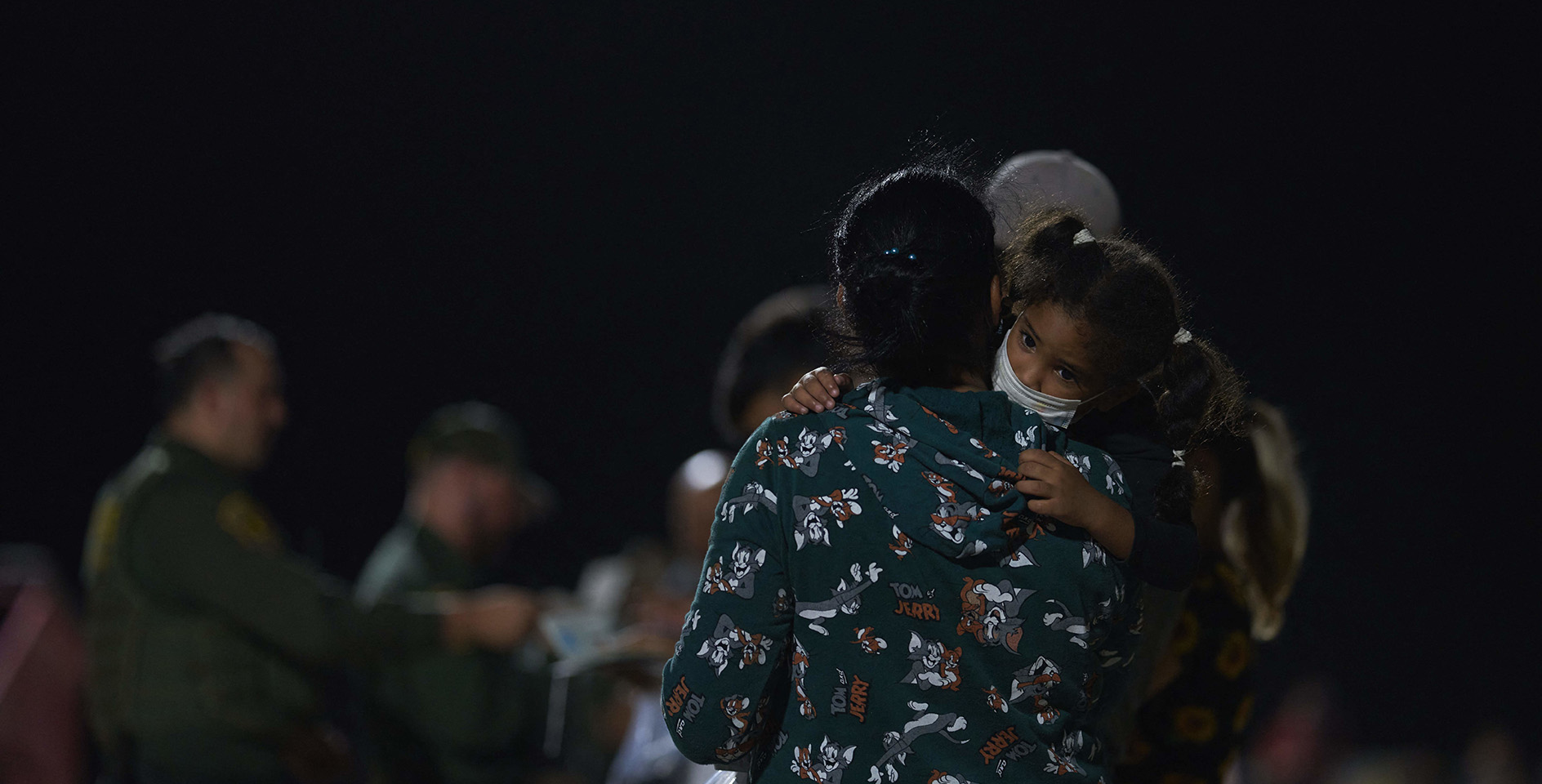Hello, this is Russell Moore, president of the Ethics and Religious Liberty Commission of the Southern Baptist Convention, and this is Questions and Ethics, the program where we take your questions and your dilemmas that you are facing and try to look at them from a kingdom perspective, from the perspective of the word of God.
I’m sitting here in our Washington offices with my colleague Matthew Hawkins, here at the ERLC. We’re at Leland House, the house that is named for that fiery and magnificent old revolutionary-era Baptist preacher, John Leland, who fought with James Madison and Thomas Jefferson for the First Amendment protections that we have today, so a guy who knew his way around some ethical dilemmas that some of us can hardly imagine. And we are here today thinking about some of the issues that you are sending in. And so what is the question we have today, Matt?
Dr. Moore, this question comes in via Twitter from Ron Fornier, and I’m glad he is asking this question. I witnessed this myself a few weeks ago on a Capitol Hill hearing on an abortion-funding related legislation. And the pro-choice legislator asked basically this same question of the pro-life witness on the stand. So here goes: How does one oppose abortion but yet support executions or support the death penalty?
Okay, well, that is a good question. I am glad that this person asked that. Matt, you are right. This does come up often when we are talking about the defense of the lives of the unborn. We are talking about being pro-life, and sometimes someone will say, “How can you be pro-life and also be for capital punishment?” Now, let me say at the outset, not all Christians are for capital punishment. There are many Christians who are opposed to the death penalty for various reasons. Some of them hold to what Cardinal Bernardin used to call a “seamless web,” a life ethic, “consistent ethic of life.” The Catholic bishops in this country would hold to that position that there should be no death penalty and no abortion.
I do believe that the death penalty is sometimes warranted. I don’t think that capital punishment is something that we ought to be celebrating with bloodlust, but I do think it is a different situation than the abortion of an unborn child, and here’s why: All of us who are Christians have to agree that the Bible, on the one hand, tells us that you shall not kill, literally you shall not murder, in the Ten Commandments that God has given. And the Bible also clearly reveals in some places that at least in some situations there is capital punishment.
Now, some people will come in and say well, yes, but that’s the Mosaic Law. The Mosaic Law has been fulfilled in its civil code in the Lord Jesus Christ. Those things are no longer binding on the church. And that is exactly right. That is exactly right. But I’m not talking about the Mosaic code. I am talking about what God has given in Genesis, chapter 9, for instance. This is a covenant with humanity generally, not just with the covenant people of Israel, but with humanity generally—part of a broader covenant here with the entire creation. And God says this in Genesis 9, verse 5: “And for your lifeblood I will require a reckoning: from every beast I will require it and from man. From his fellow man I will require a reckoning for the life of man. Whoever sheds the blood of man, by man shall his blood be shed, for God made man in his own image.” That is given to all of humanity. In Romans 13, the Apostle Paul talks about the fact that governing authorities bear the sword. I think that is clearly language that talks about the lethal power of the state that bears the sword only against evil doers. Evil doers face the sword, not the innocent. God requires a reckoning for the lives of the innocent.
So here is what I think we ought to keep in mind when it comes to the issue of capital punishment and the death penalty: On the one hand, the state-carried-out killing of an individual who is responsible and guilty and rightly convicted is different from the snuffing out of the life of an innocent human being, regardless of how that is done. These are two different things. Capital punishment is not to be a vigilante act of one person or group of people in a lawless way, carrying out vengeance; scripture rules out vengeance. But the state is given a special responsibility by God following through very careful procedures to determine guilt and to then carry out that execution. When that is happening, what you are seeing, I think—and we can agree to disagree on whether or not capital punishment is something we ought to be carrying out right now in our context, but when capital punishment is carried out, it is not because life is cheapened. It is because life is to be seen in its dignity. The killing of an image bearer of God, Genesis, chapter 9, is something that brings with it catastrophic consequences. That’s one of the reasons why I would never favor capital punishment for marijuana possession. I would never favor capital punishment for people who violate a “three strikes and you’re out” sort of law. This is for those who are shedding innocent human blood.
And that also means that the state bears a special responsibility to make sure that those who are executed are in fact guilty. Now, there are some people who oppose capital punishment right now in our context, not because they oppose capital punishment theoretically, but because they oppose the way that capital punishment has been carried out in some states where the innocent are too often being executed or where there’s a racial bias in the way that those executions are being carried out. Those are different conversations. I think we need to make sure that when capital punishment is carried out that it is of the guilty, that it is just, it is fair, and it is rightly maintaining the fact that the shedding of human life is a serious, serious question.
That’s a very different question than the wanton killing of innocent human beings, whether in the womb or out.
What’s your question? What are you grappling with ethically right now? Maybe something that you read about in the Bible, and you are wondering about; maybe a conversation that you are having with a coworker; maybe just something that is going on in your family or going on in your life. Well, send me an email, [email protected], and we will try to answer it here on Questions and Ethics. And we will see you next time. Keep calm and walk the line.










